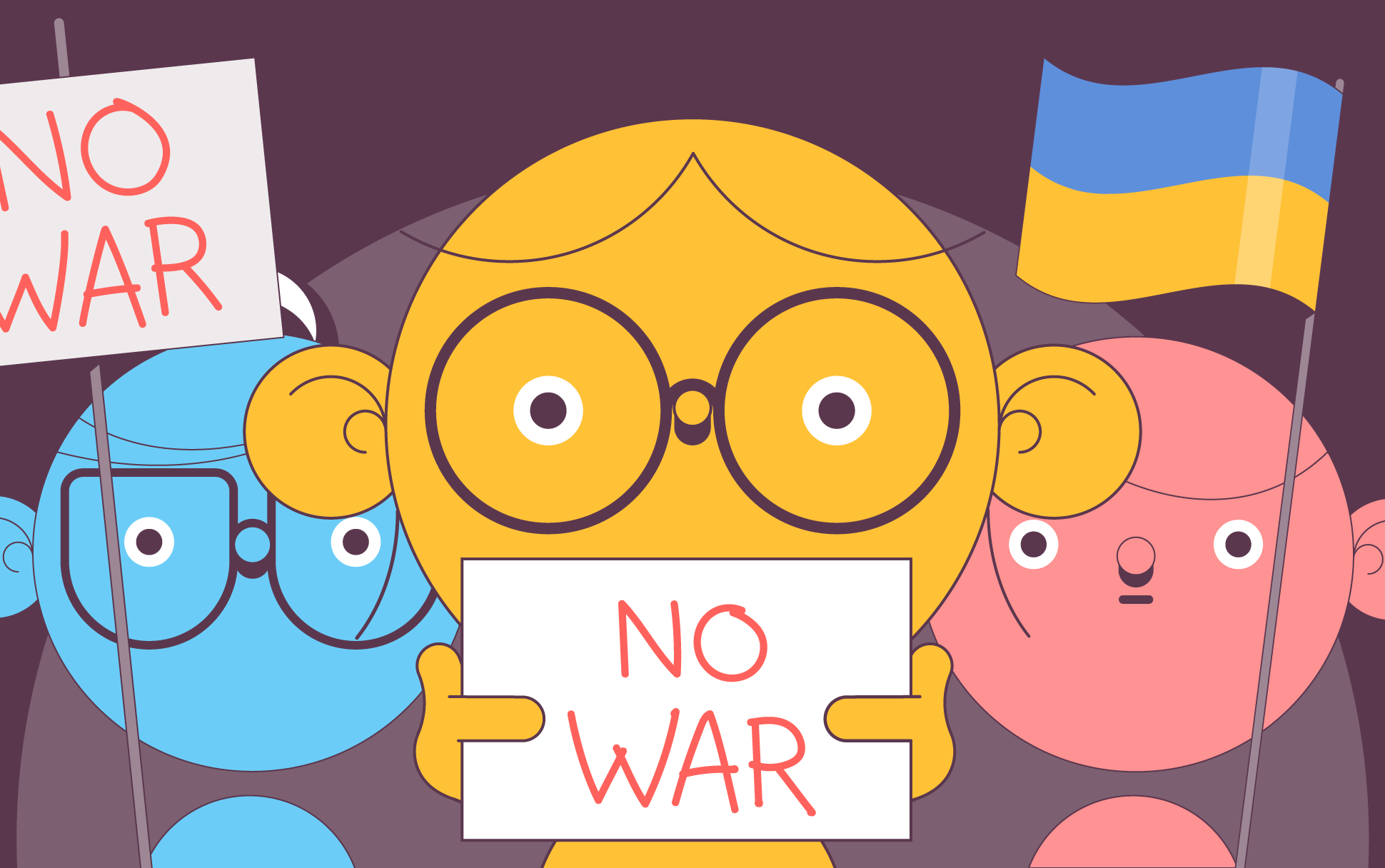
A plethora of international companies have limited their service in Russia since the country began its illegal and unjustified invasion of Ukraine to pressure its leaders economically. Some companies have entirely halted sales in the country, while others have scaled back services significantly.
Read on to find out what companies are limiting sales and services in Russia and why economic boycotts such as this one matter and can be an effective tool in ending war.
The companies pulling out of Russia
According to Yale School of Management so far, over 330 companies have curtailed their business in Russia. You can find a complete list of the companies here. In this blog post, we’ll go through some highlights.
One major tech player that has halted sales entirely is Apple. It stopped product sales and removed Russian state-sanctioned media apps like Sputnik and Russia Today. It has also limited its Apple Pay service. Other companies that have completely blocked sales are: Ford, Boeing, Airbnb, Microsoft, Netflix, Mastercard, and Visa.
Meanwhile, numerous other companies haven’t stopped serving Russia but significantly pared back their offering. This is the case for social media sites like Facebook, Twitter, Reddit, and YouTube, which continue to run in Russia but are blocking content from Russian state media. YouTube and Google, which previously stopped ad sales in Russia and suspended ads on their properties entirely, have now suspended all payment-based services, such as subscriptions.
Other companies were slower to pull out of Russia initially, but have recently changed their tune on the matter, such as McDonald’s, Starbucks, and Coca-Cola, after mounting pressure from critics. Mcdonald’s will temporarily close its 847 locations in Russia, while Starbucks and Coca-Cola announced they will suspend all business activity in the country.
While 330 and counting is undoubtedly an impressive number, when you consider just how many businesses exist globally, that’s just a drop in the ocean. Some major companies are continuing to do business in Russia, including hotel chains Marriott, Hyatt and Hilton; food and drink sector brands such as Nestle, Mars, and Dunkin’ Donuts; and major banks like Citigroup and Deutsche Bank. With mounting pressure from consumers, time will tell if this continues to be the case.
Why economic boycotts matter
While economic sanctions might not immediately appear like much when there’s a war going on, according to Yale Insights, sanctions are an alternative way to “impose pain” on a country. And it can work. Blockades of capital played a key role in ending World War I, and a more recent yet no less crucial example of boycotts working is Apartheid in South Africa. The penalties against the country for its institutionalized racial segregation began with many countries banning loans and investment and prohibiting loans from the country. Mirroring sanctions on Russia, big brands like Ford and Coca-Cola soon followed suit. These boycotts and sanctions are believed to have played a key role in ending the racist policy.
Wrap up
What’s happening in Ukraine is tragic, but ending military conflict can be a complex affair with many factors at play, economics being just one of them. That said, historically, economic sanctions and boycotts have been shown to work, so hopes are high that this action will help put pressure on Russia to end its invasion.

Cora is a digital copywriter for SSLs.com. Having eight years of experience in online content creation, she is a versatile writer with an interest in a wide variety of topics, ranging from technology to marketing.